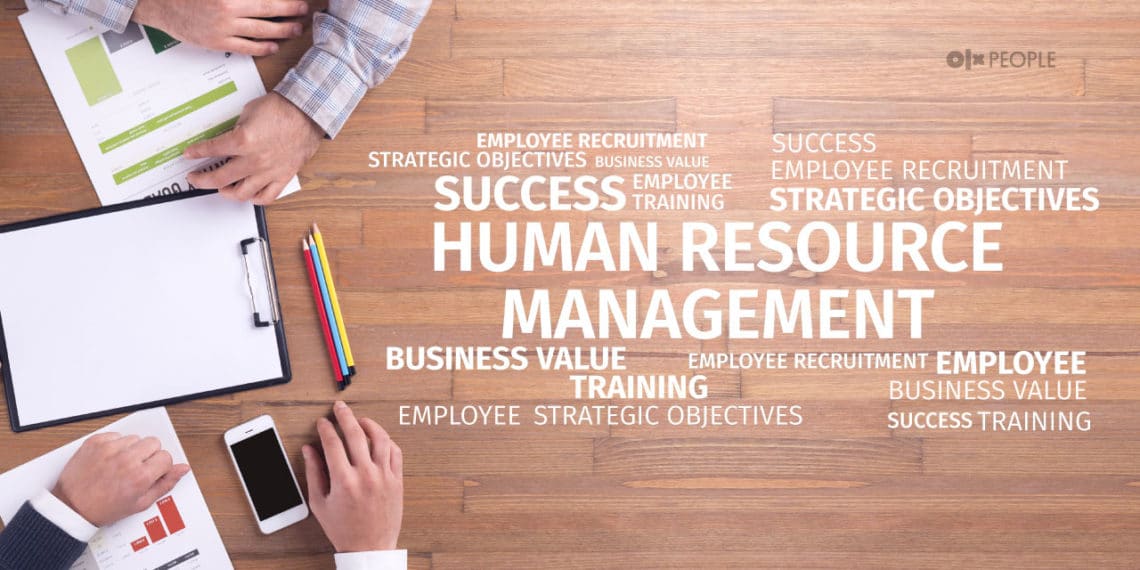HRM (Human Resource Management) is a sub-discipline of Business and Management Studies. The course covers ideas as well as requiring students to practise recruiting procedures. In this article we will look at the emerging field of HRM.
Administrative services, employee administration, performance management, and, most significantly, the hiring process are all covered in the Human Resource Management course.
HRM degree programmes prepare students to manage an organization’s human assets by providing training and education in labour law and relations, employee recruitment and development procedures, management theories, organisational communication, and other areas.

Utility Of HRM
Human resources refer to the employees, managers, executives, and other personnel who work for a company, whether it’s a manufacturing plant, a service provider, a financial institution, a government agency, or a non-profit organisation.
These assets are a portion of a company’s assets. They have value, necessitate time and financial effort, and must be managed in order for an organization’s activities to be properly coordinated and corporate goals to be met.
They are also bound by rules that govern the handling of employees in a fair and ethical manner. HRM is a specialist subject in which these issues are incorporated into well-coordinated management methods.
Degree Programmes
HRM degree programmes offer specialised instruction in the skills and knowledge required to operate in the field of human resources at a variety of businesses, non-profits, government agencies, and other organisations. HRM degrees are available at several levels.
HRM majors are available in undergraduate programmes, master’s programmes in HRM, and PhD degrees in the field of human resources. HRM speciality is also available in MBA degrees.

A bachelor’s degree in HRM or a related field of business management/administration, with a major or specialisation in HRM or a related area of business management/administration, is usually sufficient preparation for entry-level work in the field.
For upper-level human resource management and administration positions, however, completion of a bachelor’s programme followed by a master’s in HRM degree and some experience in the sector is more common.
Scope In India And Abroad
Human Resource Management has a very broad and broad scope. Human Resource Management is regarded as one of the most prestigious and well-paid professions in any sector.
Since the relevance of this sector has been recognised, an increasing number of people have applied for this course.

A degree in Human Resource Management has a broad perspective application because every organisation or industry requires an H.R. expert to manage human resources, hiring processes, and a variety of other responsibilities. Human Resource Management is regarded as one of the best job options a person can make.
HR is transforming, with a shift in emphasis from administrative duties to strategic input and a seat at the management table. This is aided by the changing needs of current organisations and technology, which allows for the more efficient transaction, budget, and other financial activity processing and approval.

HR professionals must be aware of corporate strategy. They must comprehend what drives corporate achievement as well as how to engage personnel and assist them in growing and adapting in an ever-changing work environment.
As a result, the scope of Human Resource Management is expanding not just in India but also internationally, necessitating a larger number of specialists in the sector.
An individual must be a strong communicator and have the ability to manage the organization’s resources.
Also Read: Best 5 College For Bachelors In Economics In India
Source: TheEducationDaily











